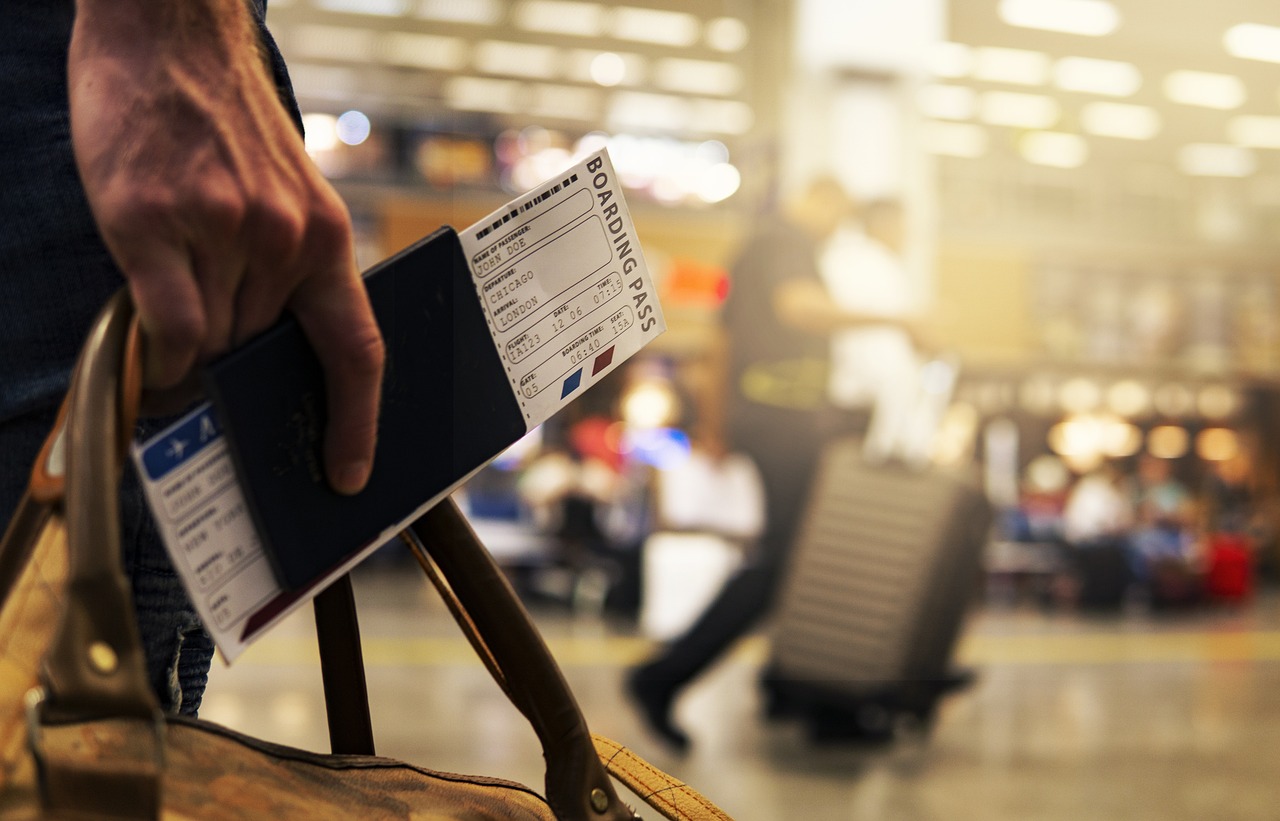
A poll conducted six months before a referendum on Lithuanian citizenship retention found that 60% of Lithuanian citizens support the retention of their citizenship after acquiring a passport from another friendly country. The survey involved 1,013 residents aged 18 and over.
The referendum on the retention of Lithuanian citizenship is scheduled for May 12 next year.
“The support for multiple citizenships is currently 60 percent. Taking into account the expected voter turnout, which is also unlikely to exceed 60 percent, we can expect similar results to the 2019 referendum,” said Constitutional Law Expert Ingrida Danėlienė.
Lithuania held a referendum on dual citizenship in 2019, but there were not enough votes for such a change. The Constitutional Court clarified that only a referendum amending the Constitution can open the possibility of dual citizenship to Lithuanian citizens who have acquired citizenship of other countries since the restoration of Lithuania’s independence. The support for multiple citizenships is currently 60%, and the referendum succeeds if more than half of all citizens with voting rights vote in favour of the provision.
The Baltic states, facing complex ethnic dynamics with their Russian minorities, approach dual citizenship cautiously. Estonia and Latvia, particularly, have historical ties with Russia, and the sizable Russian-speaking populations within their borders pose challenges.
Granting dual citizenship could be seen as a solution to address the concerns of these minorities. However, concerns over loyalty and potential interference from Russia prompt cautious policies. Balancing the rights of Russian minorities with national security interests, the Baltic states navigate a delicate path, aiming to foster integration while preserving their own sovereignty.
All three Baltic states had sizeable Russian minorities before they gained independence after the First World War, but it was after their occupation by Russia in 1940 that the number of Russian started rising significantly. Some have moved back to Russia after the fall of the Soviet Union but many chose to remain.






